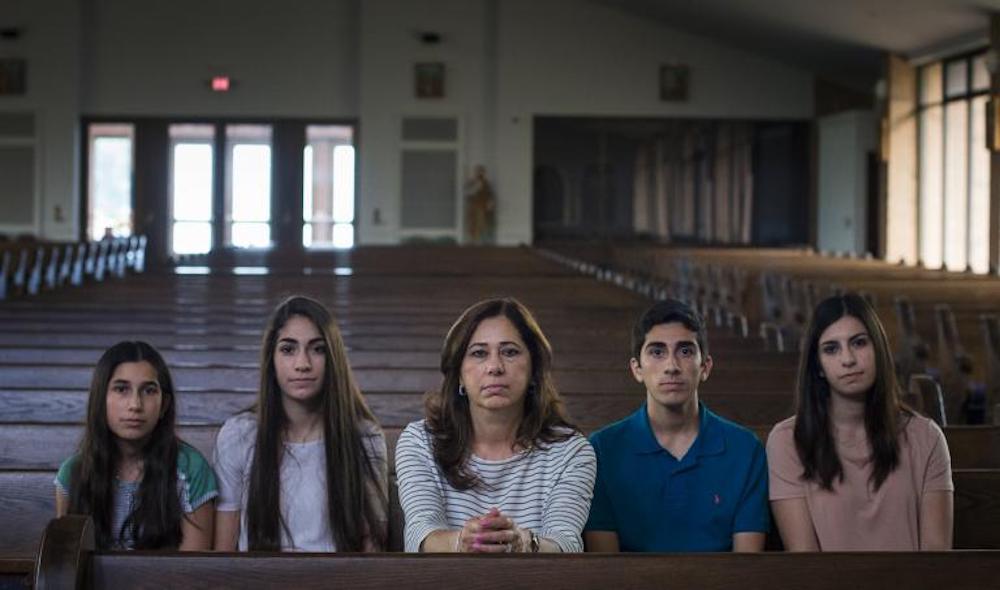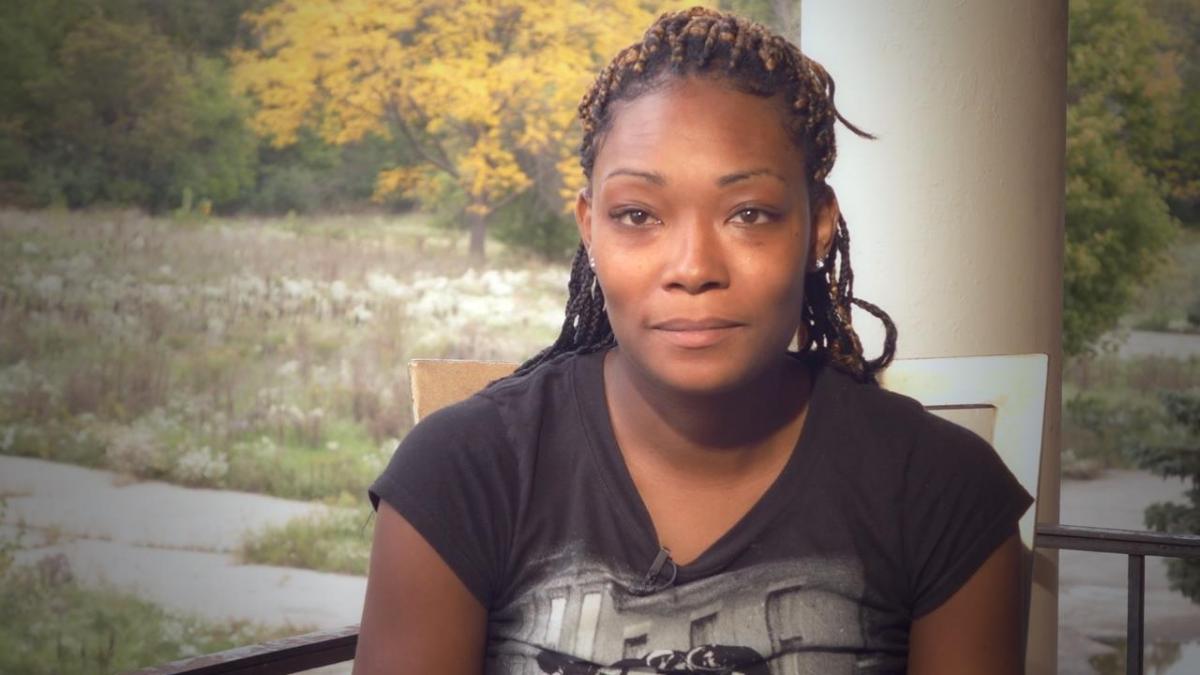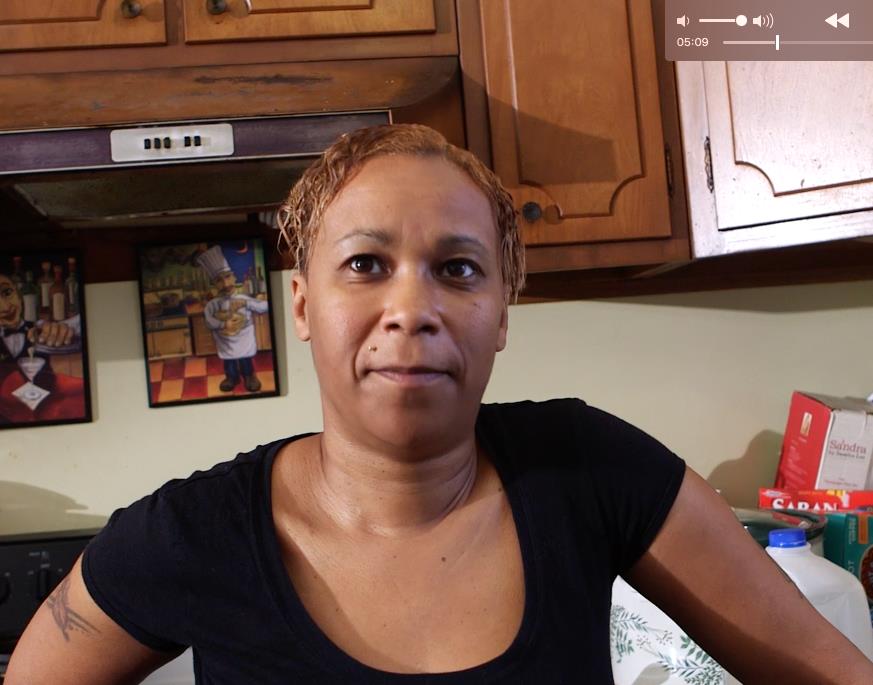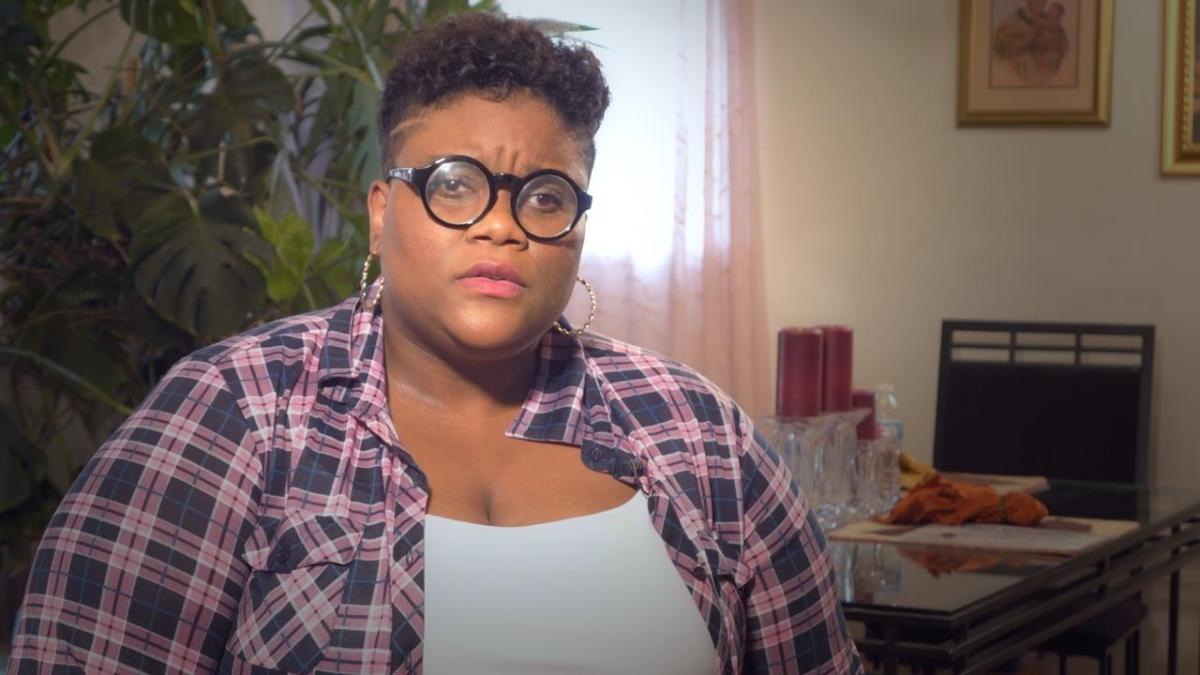CLICK HERE for SETTLEMENT information
click here for additional RESOURCES
للحصول على نسخة باللغة العربية من هذا الإشعار، اذهب إلى
نسخة من التسوية باللغة العربية
In 2017 hundreds of Iraqis in Michigan and throughout the country were arrested by Immigration and Customs Enforcement (ICE), which intended to deport them immediately to Iraq. Most have been living in the United States for decades, but were previously ordered deported, either for technical immigration violations or for past convictions. Because the Iraqi government had long refused to issue travel documents for potential deportees, the United States has been unable to deport them. But when Iraq agreed to accept some U.S. deportees, suddenly all 1400 Iraqis with an old deportation order were targets.
The ACLU filed a class action lawsuit in federal court to stop the deportations on the grounds that they would likely result in persecution, torture or death for those deported. In 2017 Judge Mark Goldsmith issued a preliminary injunction barring deportation of Iraqis while they access the immigration court system, giving them time to file motions to reopen their immigration cases based on the changed country conditions or legal developments in the decades since their cases were decided. Subsequent orders in 2018 required the government to provide Iraqis with bond hearings and release those who had been detained longer than six months, freeing hundreds of people from detention.
But the government appealed, and in decisions in December 2018 and January 2020 the Sixth Circuit reversed, each time by a vote of 2-1. Despite the legal setbacks in the Sixth Circuit, the case has allowed hundreds of Iraqis to access the immigration court system, as well as to fight their immigration case from home, rather than in detention. Many are winning their immigration cases, and some have even become citizens. But a few have been deported, and one of our clients, Jimmy Al Dauod, died in Iraq.
After several years of settlement negotiations, we reached a proposed agreement with the government. The Court preliminarily approved the settlement in June, 2024. For more information about the settlement, go here.
Resources for Iraqi Immigration Defense
To support Iraqis fighting removal, we have put together a resource bank of expert declarations, briefs, sample pleadings, opinions, and other materials. That is accessible here.
Hamama v. Adducci; ACLU of Michigan Attorneys Miriam Aukerman, Bonsitu Kitaba-Gaviglio, Dan Korobkin, Monica Andrade, Elaine Lewis, Rohit Rajan, and Dayja Tillman; additional attorneys include Lee Gelernt, Judy Rabinowitz, and Anand Balakrishnan of the National ACLU; Cooperating Attorneys Kimberly Scott, Wendy Richards, Russel Bucher, Erika Giroux and Sarah Reasoner of Miller Canfield, with support from Katie Witowski, Margo Schlanger of U-M Law School, David Johnson, Linda Goldberg, and William Swor; and co-counsel Nadine Yousif and Nora Youkhana of CODE Legal Aid, Susan Reed and Ruby Robinson of the Michigan Immigrant Rights Center, and Mariko Hirose of the International Refugee Assistance Project.




 ttention deficit/hyperactivity disorder (ADHD) and a teen-age girl with epilepsy.
ttention deficit/hyperactivity disorder (ADHD) and a teen-age girl with epilepsy. She has been trying, without success, to enroll her three-year-old daughter in pre-school.
She has been trying, without success, to enroll her three-year-old daughter in pre-school.